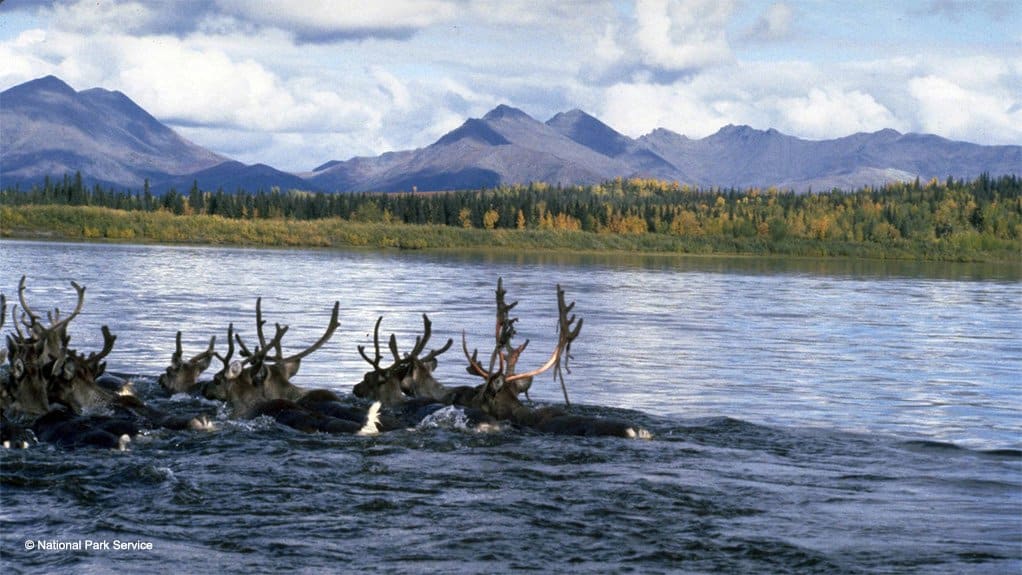The Biden Administration has officially halted plans for the Ambler Road in Alaska, dealing a blow to potential mining development in the region.
The Ambler Road project, which aimed to construct a 340 km industrial road across BLM-managed lands, was intended to facilitate exploration and development in an area known for its rich copper-dominant polymetallic deposits.
Trilogy Metals, in a joint venture with diversified miner South32, is one of the region’s potential developers.
The road’s construction faced fierce opposition from environmental groups and Native communities concerned about its potential impacts on wildlife and subsistence resources.
The BLM’s decision, based on a final supplemental environmental impact statement (EIS), selected the ‘no action alternative,’ effectively denying the Alaska Industrial Development and Export Authority the right-of-way necessary to proceed with the road. The analysis highlighted numerous environmental concerns, including impacts on critical wildlife habitats and subsistence resources crucial to Native communities.
Key findings from the analysis indicated that the road would have required more than 3 000 stream crossings, potentially harming at-risk wildlife species such as sheefish and the Western Arctic caribou herd. Additionally, concerns were raised about irreparable impacts to permafrost and increased accessibility leading to heightened environmental impacts and community disruptions.
“Today, my administration stopped a 211-mile road from carving up a pristine area that Alaska Native communities rely on, in addition to steps we’re taking to maintain protections on 28-million acres in Alaska from mining and drilling. These natural wonders demand our protection,” President Joe Biden said in a post on X on Friday.
In conjunction with the Ambler Road decision, the BLM on Friday also released a final EIS analysing proposed revocation of existing withdrawals on 28-million acres of BLM-managed public lands across Alaska. The final EIS identifies ‘no action’ as the preferred alternative, which would retain current protections for these lands and avoid potential impacts to natural and cultural resources from future potential development.
The comprehensive analysis follows the previous Trump Administration’s controversial decision to lift longstanding land withdrawals without adequate public consultation or environmental analysis. This move would have opened up vast swaths of Alaska to extractive activities, potentially impacting subsistence hunting and fishing rights for numerous Alaska Native communities.
Throughout the public comment period and community engagements, overwhelming support was expressed for maintaining existing land protections. Alaska Native Tribes, corporations, and tribal entities emphasized the critical importance of these protections in preserving vital subsistence hunting opportunities and ecological integrity.



